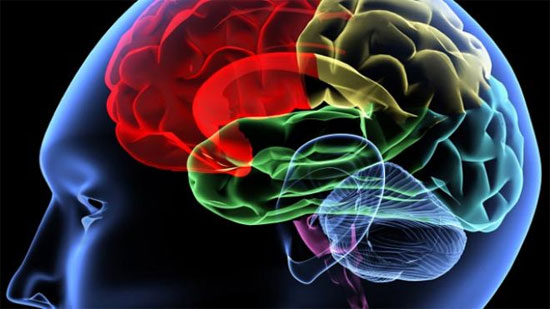Russia uses nanotechnology to treat neurodegeneration
Biochemical experts from Lomonosov University (Russia) have successfully tested a new method of treating neurodegenerative diseases, through the use of nanotechnology to deliver drugs directly to the affected brain area.
So far, neurodegenerative diseases are difficult to treat. From the outside environment, the brain is protected by a skull, while from the inside is protected by a blood-brain barrier. Thus, it is complicated to bring drugs to the necessary places, most of which cannot overcome this barrier. Biochemical experts of Lomonosov University have used nanotechnology to deliver drugs to the affected brain area.

This drug is an antioxidant enzyme "catalase" , which is inserted directly into neural tissue by macrophages. Catalase has an important advantage over other antioxidants because it is a catalytic enzyme. This enzyme molecule has the ability to select and process with high efficiency, many oxygen molecules work in the inflamed area.
In the state of neurodegeneration, inflammation of the brain occurs. Macrophages are able to penetrate through 650 km of capillaries of the blood-brain barrier and provide the necessary medication for diseased neurons.
Active oxygen bodies, which are excessively formed in cells during the process of inflammation and tumor formation, simply "suck" themselves into immune cells. Therefore, hiding antioxidants into macrophages is well established.
The Russian biochemist team has successfully tested the new treatment in animals and is now preparing to test this new technology on the bodies of volunteers.
- Nanotechnology and applications
- Learn about nanotechnology in industrial production
- Using nanotechnology to create microchips for cancer detection
- Nanotechnology and applications of nanotechnology
- Nanotechnology: A blessing or a curse for developing countries?
- Using nanotechnology to treat water
- Nanotechnology in the fight against viruses
- South Korea ranked fourth in nanotechnology
- 21st century: Century of Nanotechnology
- Reproduce the organ with a chip
- Create steam using nanotechnology
- Super products created by nanotechnology
 Green tea cleans teeth better than mouthwash?
Green tea cleans teeth better than mouthwash? Death kiss: This is why you should not let anyone kiss your baby's lips
Death kiss: This is why you should not let anyone kiss your baby's lips What is salmonellosis?
What is salmonellosis? Caution should be exercised when using aloe vera through eating and drinking
Caution should be exercised when using aloe vera through eating and drinking